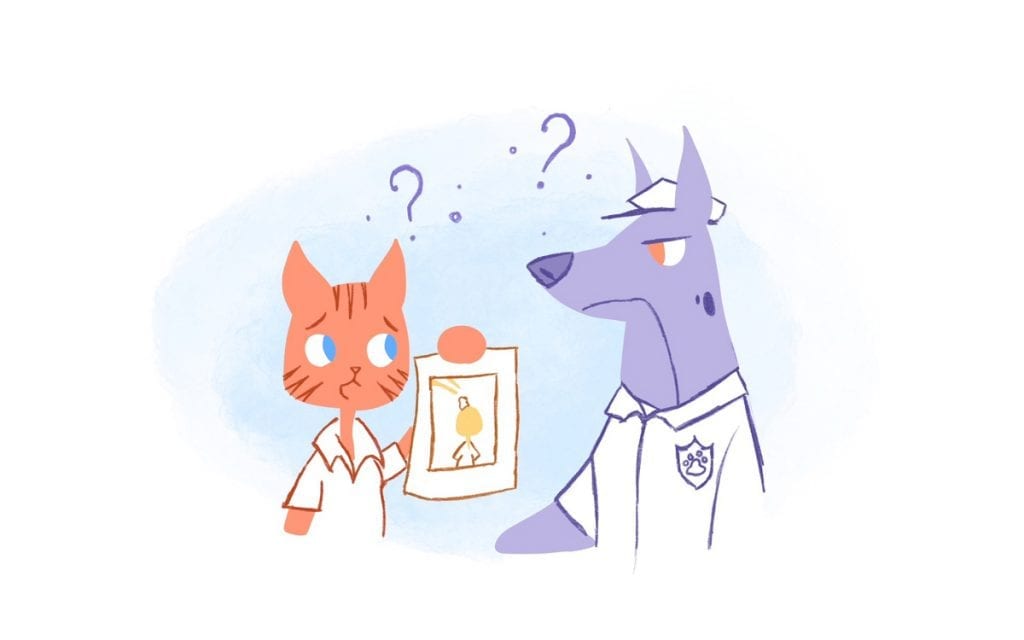

We live in an imperfect world. That means we will inevitably run into conflict in life. Conflict in the workplace, especially, can be extremely frustrating and counterproductive. After all, it’s pretty difficult to focus when you’re wrapped up in drama.
The good news is you can overcome conflict in the workplace and get back to business. Here are some tips to help you rise above the conflict.
Don’t get involved in personal issues.
Sometimes the best way to handle conflict in the workplace is to not get involved. This is especially true if you have a bad feeling about the situation. This may seem like common sense, but I still speak with managers who run into this issue with their team members all the time.
For example, let’s say two team members have some personal issue among themselves. This is definitely not something you want to get involved in since it will likely make everything worse. Additionally, it’s none of your business anyway.
Keep your emotions out of it.
Whenever you’re dealing with conflict in the workplace, emotions can run high. Emotions can also cloud your judgment. That’s why you have to try your emotions out of the situation.
The reason you must do this is that being emotional can escalate the situation. The emotion most responsible for escalating conflict is anger.
One of the strategies that help me keep my emotions in check when dealing with conflict is to remember that most conflicts get resolved eventually. More specifically, I ask myself whether or not this situation will matter a year from now. The answer is always no, which helps me calm down.
Be direct with your communication.
Please note that keeping your emotions out of the situation is not the same as not communicating. It’s okay to express your side, there’s just a right way of doing it.
This looks like being direct and expressing how you feel without blaming or insulting. The latter is an example of how anger gets in the way and further escalates the conflict. On the other hand, the former is an example of being calm and collected.
For example, I recently had to deal with conflict in my own life. I was very direct in my communication and set my boundaries, but I also made sure not to say something I would regret.
This did two things. First, my side was made clear. Second, it allowed the other person to safely share their side as well.
Practice listening.
Listening is a part of communication, especially when it comes to handling conflict in the workplace. By allowing yourself to listen to other people, you can see things from another perspective.
When it comes to conflict, we often think we have all the information. Sometimes, this isn’t true at all. By listening to the other party, you may gain insights that change the entire situation and helps you move toward resolution and collaboration. At the very least, you don’t create an even more hostile environment.
Final Thoughts
Conflict in the workplace is bound to happen eventually. By having the right foresight and communication skills, you can quickly move toward deescalating conflict and finding a resolution for all parties.











Amanda Abella
Amanda is a best-selling author of "Make Money Your Honey", a book that helps freelancers and business owners understand their relationship with money and how to make it more productive. She's driven by helping others live the most productive and fruitful way possible.